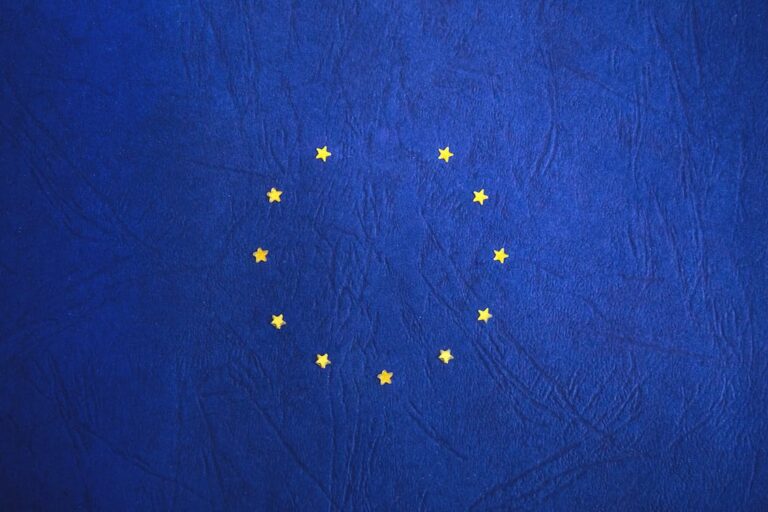
Morning Brief – Super Mario
Finally running out of Mushrooms, Super Mario has delivered his last speech as President of the European Central Bank. I’m sure there were other jokes afforded by the potential to assimilate the Italian central banker’s name within a popular Nintendo character and game but, with an underwhelming appetite for video games, I’ll leave it there. Fouled at the very start of his Presidency by the blue shell of the European Sovereign Debt crisis (really, I’m done now), the outgoing President of the world’s largest monetary union is widely credited with a singlehanded rescue of the Eurozone in three words: ‘whatever it takes’.
Central bankers are a unique breed, trust me. Sometimes described as extreme auditors, their attention to detail and passion for certainty is largely unparalleled. Take the most recent phase of monetary stimulus in the Eurozone: for well over a month now we’ve known that tomorrow the ECB will recommence net asset purchases to the tune of EUR 20bn a month in an effort to stimulate the price level. So for Draghi to come out in 2012, less than a year into his presidency, and declare he would do ‘whatever it takes’ to save the Eurozone must’ve been painful. He convinced markets and he staved off speculators betting on the Euro’s demise; an effort that has been the demise of many currency programs before the Euro.
The President never once got to raise rates in the monetary bloc before leaving office. It looked as though last year, as prices stabilised closer to the ‘just below 2%’ target, that he might have had the chance to before his 8 years were up – in the end sadly not. Through the loosening of monetary policy during his tenure (notably from 2014 onwards) Draghi made money cheaper – much cheaper. With the interest rate alone he actually made it free as measured by some real and even nominal terms, with the cost of borrowing money hitting zero in 2016. Super Mario’s central bank also poured EUR 2.6 trillion into markets via his asset purchase program diluting and broadening the supply of money and making it cheaper. This led to a Euro that the OECD estimates is undervalued by some 25%.
Admittedly Lagarde takes over a bank that is overstretched and faces many challenges but at least there’s still one to take over. The Euro will swiftly pass through its second decade of existence during the former IMF managing director’s tenure. Over Draghi’s cheap money era, the Euro lost 22% against a resurgent US Dollar and, given the post-2016 stress that Brexit has brought to the Pound, trades almost exactly in line with its 2011 value on GBPEUR. If the now-banking non-central-banker incoming President manages to soak up that excess liquidity created by swelling the balance sheet and restore rates to ‘normal levels’ the Euro should recover most of its foregone strength and perhaps develop even more as it develops a status as a true reserve currency.
Discussion and Analysis by Charles Porter

Click Here to Subscribe to the SGM-FX Newsletter
Related Insights

Daily Brief – Euro
Euro Markets are currently pricing in four 25bp rate cuts for 2025 in the EU from 3% to 2% but some analysts are now predicting that rates may go as low as 1.5%. What that means is that EUR will remain weak and allow buyers of EUR to lock in the best levels for years. […]

Daily Brief – British Pound
British Pound With GBP if not all at sea but wallowing against the crashing waves of USD strength, it is a tale of two cities for beleaguered Brits: GBP/USD dipping below the previous floor of 1.2600 but versus EUR GBP still looking firm due to the apparent divergence between the Federal Reserve and the European […]

Daily Brief – Germany
Germany Gloomy Germans is not an entirely unknown phenomenon for those of us who have toiled in Finanzplatz Deutschland or the Financial Marketplace of Germany which primarily encompasses Frankfurt, Berlin, Dusseldorf and Hamburg. Unfortunately the ZEW German Research Institute are upholding that less than noble tradition in their Economic Sentiment Indicator report that was released […]



 Humphrey Percy
Humphrey Percy